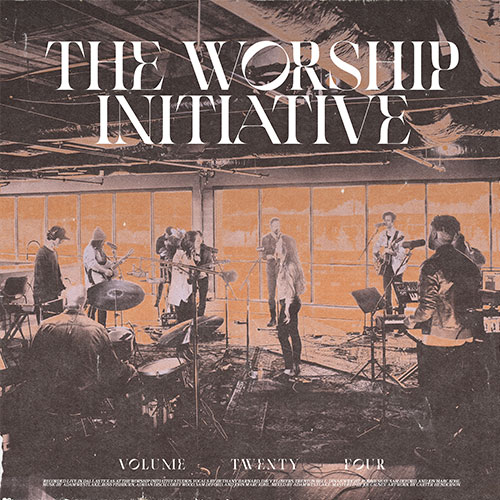
Matt Redman
Holy/There Is None Like You
Holy (There Is None Like You)
In the year that King Uzziah died I saw the Lord sitting upon a throne, high and lifted up; and the train of his robe filled the temple. Above him stood the seraphim. . . . And one called to another and said “Holy, holy, holy is the Lord of hosts; the whole earth is full of his glory!” (Isaiah 6:1–3)
God has given us a word for declaring his praise when all other language fails us. We learn it from the angels.
In those moments, when we sense we have exhausted the comparisons to our world and experience, we have a word to reach for: holy. When we’re aware of his uniqueness, that he is in a class by himself, utterly set apart from us, higher than us and gloriously other, we cry holy. When we catch but a glimpse of his infinite intrinsic value — and wonder in worship, Who else is like this? — we bow with the seraphim and cry holy.
To reach for the word holy is already to ascribe, in a word, the greatest thing that can be said. And the seraphim repeat it. Repetition is an intensifier. So you stand back. Not only is he holy; he is holy, holy, holy. That third holy is unprecedented. Hebrew often uses repetition of single words, but no other place uses any single word three times in succession, much less this most sacred of adjectives.
Most High, Most Worthy
Consider, then, three aspects to this striking vision of God in his holiness in Isaiah 6. First, the holy God is above. He is “high and lifted up.” Throughout the prophecies of Isaiah is a constant movement: up and down. God is high and lifted up, while all others are lowly and humbled.
And this vision of God as “high and lifted up” isn’t comfortable and warm. This isn’t a sweet, warm experience of worship in the presence of the Lord. There is a sight of “the splendor of his majesty” (Isaiah 2:10) — and with it, terror. The terror that Isaiah had previously promised to the people now comes to the prophet himself. This is a fearful moment for Isaiah, but not without hope.
Second, the holy God is attended. Holiness does not mean he is solitary. “Above him stood the seraphim.” Seraphimmeans “burning ones.” Because they have wings, and are attending to God on his throne, we think of them as a type of angel. There is no other explicit mention in the Bible of these seraphim.
Here we’re told, “Each had six wings: with two he covered his face, and with two he covered his feet, and with two he flew.” The unshielded, unveiled glory of God is too great to look upon and live. And they cover their feet, perhaps symbolic of their submission to God and obedience to him. Their feet will not go their own way, but God’s.
Last, the holy God is not only adored in worship but adorned in glory. “The train of his robe filled the temple.” Literally, it’s the hem of his robe. It’s not even his whole robe. It would be one thing if this God were so holy, so glorious, that his robe filled the temple in this vision. But we’re just talking about the hem. And then there is God himself.
“Holy, holy, holy is the Lord of hosts,” the seraphim say, “the whole earth is full of his glory.” So, the Lord is holy, and the earth, then, will be full of his glory. So, we might speak of God’s holiness as his very Godness, rooted, in a sense, in his inability to be defined by other things. As he says in Isaiah 40:25, “To whom then will you compare me, that I should be like him? says the Holy One.” He is holy; he is incomparable.
His Glorious Face
As God, he is in a class by himself. He alone is God. His holiness is his intrinsic worth and value as God. And his glory, then, we might say, is his shining forth into the world — his holiness going public. We might capture it like this: holiness is his hidden glory; glory is his manifest holiness. Holiness is his intrinsic worth. And glory is the out-streaming, the revealing, the showing forth in the world of his supreme value and worth.
Our God is holy. He is above, high and exalted. He is attended by angels and the armies of heaven. And he is adored in worship and adorned in glory. His holiness shines out in his glory — and his glory streams to our eyes through the lamp of the Lamb, his Son (Revelation 21:23). The Gospel of John tells us whose hem the prophet saw: Christ’s. Isaiah “saw his glory and spoke of him” (John 12:41). And so do we, his people, see the glory of God in the face of Christ and cry, “Holy, holy, holy!”